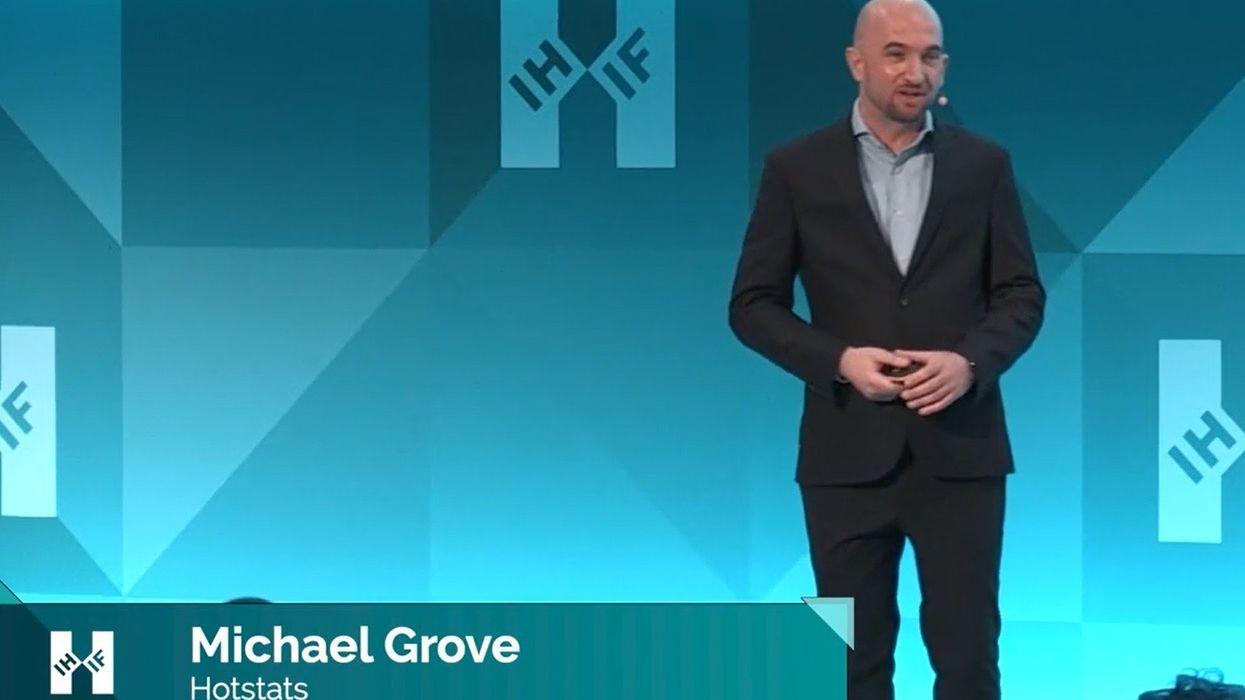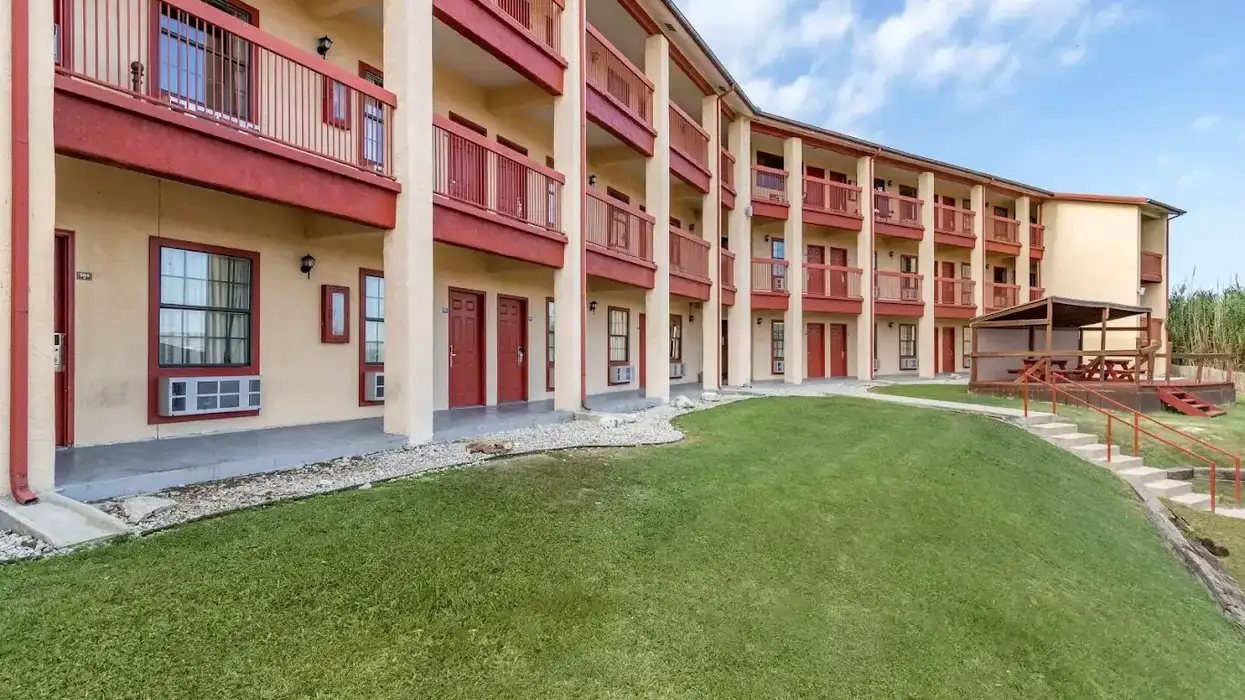THE MAJOR CHALLENGES faced by U.S. hotels are labor, the return of corporate, group and conference travel, the impact of inflation on cost lines and the energy crisis, said Michael Grove, COO of HotStats, in a recent presentation. In the same session at the International Hospitality Investment Forum, panelists debated the best metric by which to measure industry performance.
While speaking during a panel session at IHIF titled "Decoding the Data", Grove said that the most pressing issue is fixed costs are being replaced by oncoming growth in the variable areas which changes the dynamic of the cost base.
"One of the key items around the average rate growth is what’s going to happen when the full business mix returns,” Grove said. “We still have a lot more of the lower-rated business to come back—the tours and groups and the other segments. We need to look at the impact on the cost lines themselves, the expense items around the P&L and what impact inflation is having on those, what impact the labor challenge is having.
“It makes them much more flexible and within a variable environment. That will help the seasonal hotels in particular, to assist those regions where the low months are generally loss making. They will be able to adapt better because that fixed cost basis has reduced.”
Ronit Copeland, CEO of Copeland Hospitality Partners, asked Grove about the variable costs. Grove said hotels should be more flexible and within a variable environment.
"That will help the seasonal hotels in particular, to assist those regions where the low months are generally loss making. They will be able to adapt better because that fixed cost basis has reduced,” Grove said. “In a new world, where Zoom is now an option, it’s a reality, and there is some of that low-rated segment that could be displaced going forward. Certainly conferencing is susceptible to that.”
During the event, HotStats' Grove and other panelists also debated the best metric to measure the industry.
“It’s a historical thing,” Grove said of RevPAR. “But hotels are not simple anymore. They’re not bedroom blocks. Many hotels are less than 40 percent rooms business and are surviving in the other areas of the profitability model. I think TRevPAR captures all of those various movements in creative revenue and management of allocations. It is much more of a combined metric and the industry is moving in that direction.”
According to Grove, hotels should be looking at flow-through which is the percentage of incremental profit that flows to the bottom line from each incremental dollar of top-line revenue when there is a revenue surplus relative to the budget or the previous year.
“It’s the key metric now. We were expecting around 70 percent to 80 percent based on how much we stripped the costs out and, actually, in Europe, we sat between 30 percent and 35 percent flow-through, right now," he said.
Last month, HotStats reported that the performance of U.S. hotels ended strong in the first quarter with March profit surging across most global regions.





